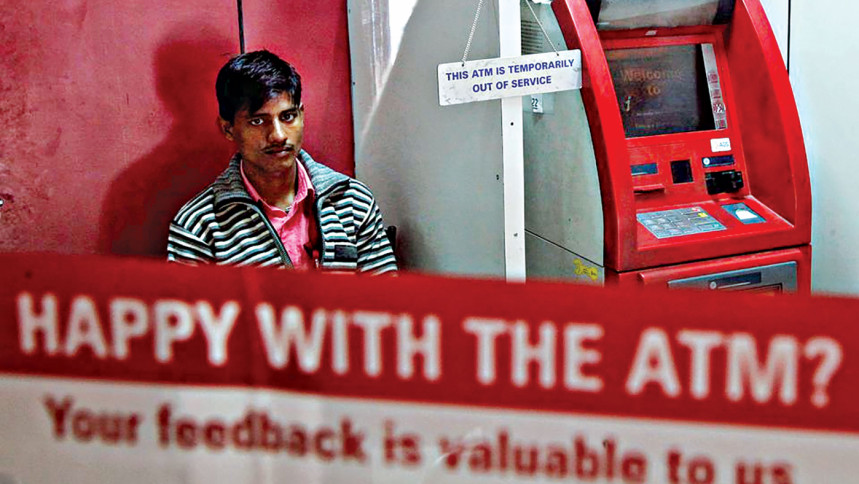India’s ban on Mastercard to hit banks’ card operations, income

India's move to ban Mastercard for breaching data storage rules has destabilized the country's financial sector as it will disrupt bank card offerings and affect revenues, payments and banking industry executives said to Reuters.
Wednesday's central bank order follows similar action in April against American Express, but Mastercard is a much bigger player in the Indian market, where many lenders offer cards using the American company's payment network.
A Reuters analysis of online card listings from 11 domestic and foreign banks in India showed that Mastercard made up about one-third of the roughly 100 debit cards on offer, and more than 75 credit card variants used its network.
From July 22, the Reserve Bank of India (RBI) said, re-issuance of these cards will cease because Mastercard failed to comply with 2018 rules requiring foreign card networks to store Indian payment data locally. for "unhindered surveillance access".
While existing customers will not be affected, the business impact will be significant as banks must sign new business deals with competing networks such as Visa, a process that can take months and involve weeks of technology integration. back-end, five banking and payments managers said.
A banking executive said the switch to Visa could take up to five months. And with American Express and Mastercard banned, Visa is gaining an unprecedented advantage in negotiations in a credit card market it already dominates.
"This will mean a temporary disruption for the banks, many hectic negotiations and a loss of business in the short term," said one of the sources, a senior Indian banker.
The 2018 RBI rules were passed despite aggressive lobbying from US companies seeking to dilute them. Mastercard said it was "disappointed" with the decision and would work to resolve the issues.
"This is consistent with our significant and continued investments in our customers and partners in India to advance the government's vision in digital India," Mastercard said in a statement Thursday.
The move is a major setback for Mastercard, which counts India as a key market. In 2019, Mastercard said it was 'bullish on India', announcing $ 1 billion (approx. Rs. 7,450 crore) of investment over the next five years, after investing $ 1 billion (approx. Rs. 7,450 crores) from 2014 to 2019.
Mastercard also has research and technology centers in India, where its workforce of 4,000 is second only to the United States, after increasing by 29 in 2013.
The use of credit and debit cards by Indians has increased as digital payments have spread. As of May, according to RBI data, there were over 62 million credit cards and about 902 million debit cards, which together accounted for transactions worth $ 40.4 billion (about 3 01 Rs 120 crores).
The delays in transitioning to Visa are also affecting bank fees and other income they generate through their card business, the sources said.
In a research note on the RBI decision, Macquarie noted as a "primary concern" the risk that banks could suffer because credit cards were a profitable product with a so-called after-tax return on corporate assets. about 5 to 6 per cent.
Some banks, like India's RBL, list 42 credit cards on their website, all using the Mastercard network, while Yes Bank lists seven using Mastercard, but none on Visa. Citibank's website offers four Mastercard credit cards.
RBL said in a statement Thursday that it made a deal with Visa for its credit cards after the RBI order, but the integration would take up to 10 weeks.
One of the sources said, however, that negotiations for the deal lasted six months.
RBL said it has a 5 per cent share of the credit card market, but its issuance of 100,000 new cards each month could potentially be affected. Its stock fell more than 3 per cent at the start of trading.
RBL, Yes, and Citibank did not immediately respond to requests for comment.
Source: www.thedailystar.net
